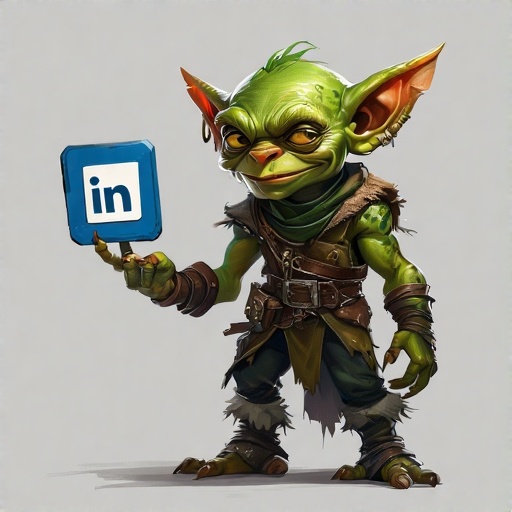Two decades after its debut, C# remains a central figure in the software development world. Originally launched by Microsoft as a competitor to Java, C# has evolved into a mature, multi-paradigm language with a robust ecosystem. In 2025, it powers everything from enterprise backends and desktop applications to mobile apps and cloud-native services. But with the rise of newer languages and frameworks, is C# still a smart investment for developers? This article explores the current state of C# and its ecosystem, weighing its strengths and limitations in today’s landscape.
1. The Strengths That Keep C# Relevant
1.1 A Unified, Cross-Platform Ecosystem
Since the introduction of .NET Core and its evolution into .NET 6/7/8, C# has become a truly cross-platform language. Developers can now build and deploy applications on Windows, Linux, and macOS with the same codebase. The .NET ecosystem includes ASP.NET Core for web APIs, MAUI for cross-platform GUIs, and Blazor for client-side web apps using C# instead of JavaScript.
1.2 Enterprise-Grade Tooling and Support
Microsoft’s investment in Visual Studio and GitHub Copilot has made C# development highly productive. Features like IntelliSense, integrated debugging, and seamless Azure integration streamline the development lifecycle. Additionally, long-term support (LTS) releases and backward compatibility make C# a safe choice for enterprise systems with long maintenance cycles.
1.3 Language Maturity and Modern Features
C# has steadily adopted modern programming paradigms. Recent versions introduced pattern matching, records, top-level statements, and nullable reference types. With C# 12 and beyond, the language continues to evolve with features like primary constructors and improved lambda syntax, narrowing the gap with more expressive languages like Kotlin and Swift.
1.4 Versatility Across Domains
C# is used in a wide range of domains: backend services (ASP.NET Core), desktop apps (WPF, WinForms), mobile development (Xamarin/.NET MAUI), game development (Unity), and cloud-native applications (Azure Functions). This breadth makes it a valuable skill for developers seeking flexibility in their careers.
2. The Trade-Offs of Learning C# in 2025
2.1 Ecosystem Heavily Tied to Microsoft
While .NET is open source, the ecosystem is still largely driven by Microsoft. This centralization can be a double-edged sword: it ensures consistency and support, but also means that innovation is often aligned with Microsoft’s strategic goals. Developers working outside the Microsoft stack may find C# less appealing or harder to integrate with non-.NET tools.
2.2 Less Popular in Startup and Open-Source Circles
Despite its technical strengths, C# is less common in startup environments and open-source communities compared to JavaScript, Python, or Go. This can limit exposure to cutting-edge tools and reduce opportunities for collaboration in non-enterprise settings.
2.3 Verbosity and Boilerplate in Legacy Code
Although modern C# has become more concise, many legacy codebases still suffer from excessive boilerplate and outdated patterns. Developers entering the C# world may need to navigate older projects that don’t reflect the language’s current capabilities.
2.4 Performance Trade-Offs in Some Scenarios
While .NET has made significant strides in performance, C# applications may still lag behind Go or Rust in raw execution speed and memory efficiency—especially in microservices or edge computing contexts. For latency-critical systems, C# may not always be the optimal choice.
3. When C# Is the Right Choice
- Enterprise software: C# is a top-tier choice for building scalable, maintainable business applications.
- Cloud-native development: With Azure integration and .NET’s container support, C# excels in cloud environments.
- Cross-platform desktop and mobile apps: .NET MAUI enables unified development across Windows, macOS, Android, and iOS.
- Game development: Unity continues to use C# as its primary scripting language, making it essential for indie and AAA game developers alike.
4. Conclusion: A Strategic Language with Staying Power
C# in 2025 is not a relic—it’s a refined, versatile, and actively evolving language backed by a mature ecosystem. While it may not be the trendiest choice for every project, it remains a strategic investment for developers working in enterprise, cloud, or cross-platform environments. Its blend of performance, safety, and tooling makes it a compelling option for those seeking a language that balances modern features with long-term stability.







Add a Comment